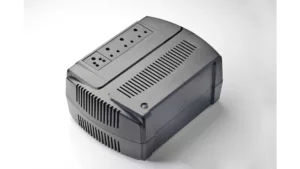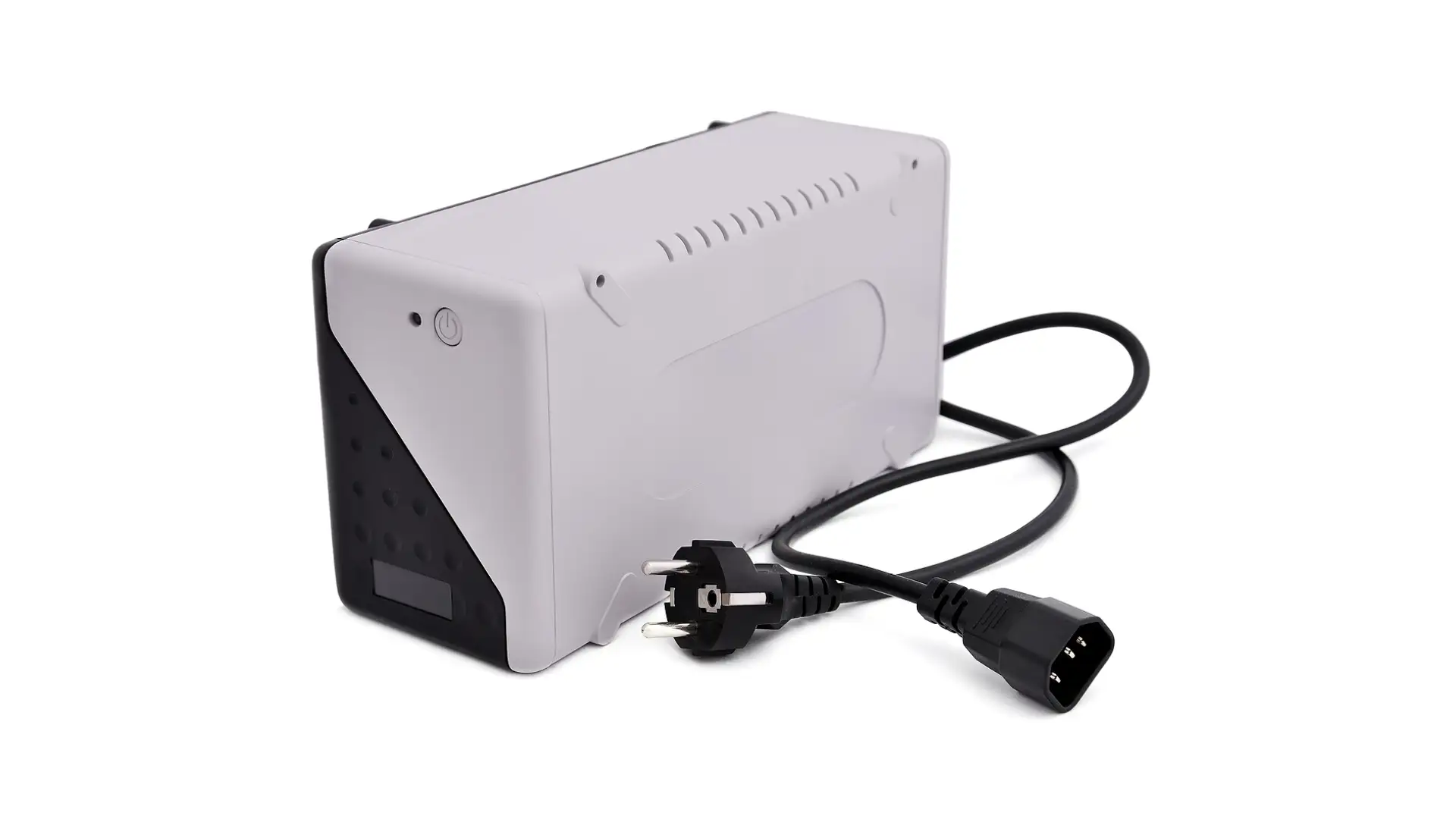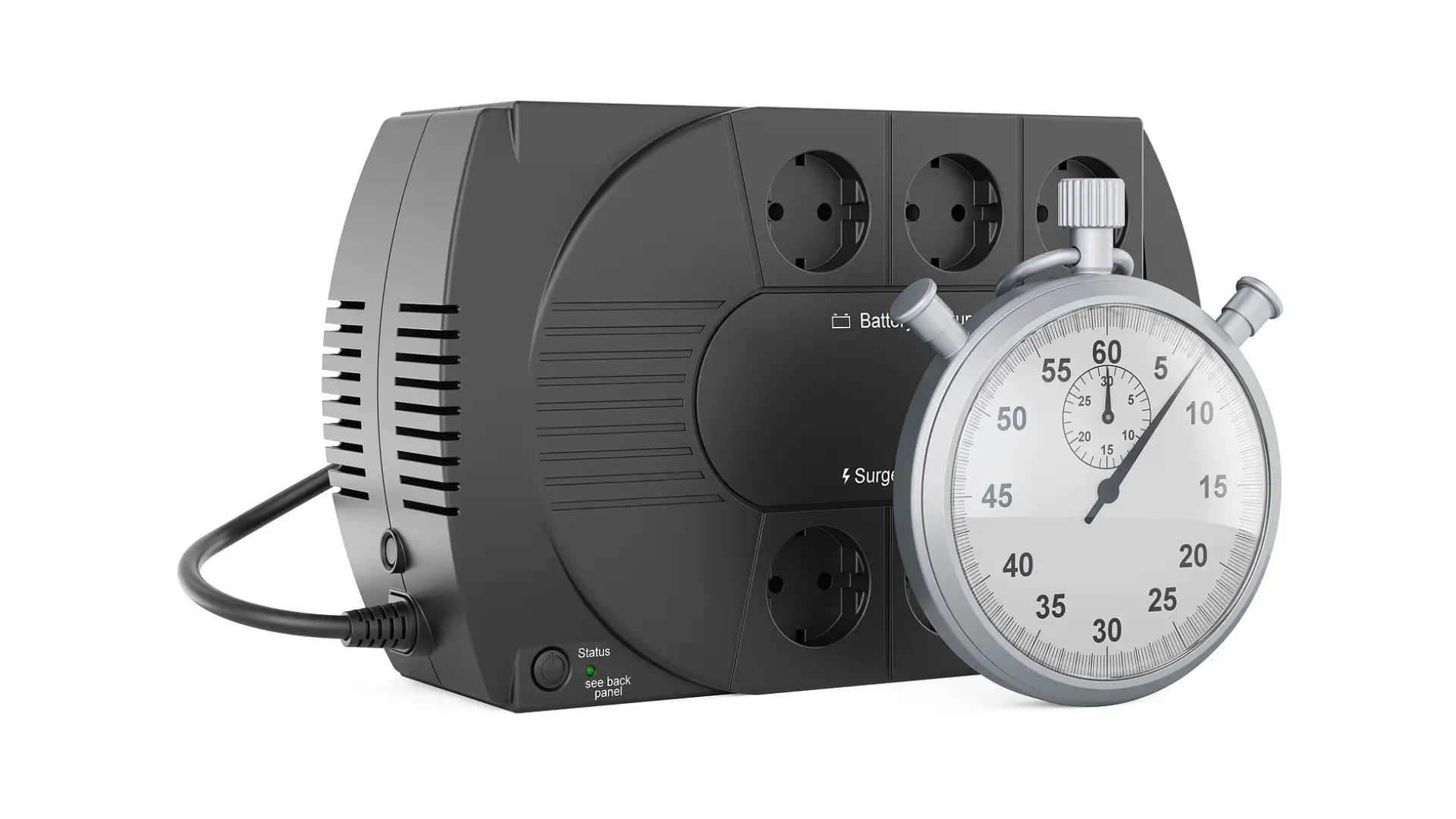
Small Uninterruptible Power Supply
In today's digital age, where connectivity is crucial for both personal and professional endeavors, ensuring an uninterrupted power supply is paramount. Small uninterruptible power supply (UPS) systems play a pivotal role in safeguarding electronic devices against power interruptions, voltage fluctuations, and outages.
In this comprehensive guide, we delve into the world of small UPS systems, exploring their significance, functionality, types, benefits, and key considerations for selecting the right one for your needs.
Understanding Small Uninterruptible Power Supply (UPS) Systems
Small UPS systems serve as a critical backup power solution for various electronic devices, ranging from computers and networking equipment to home entertainment systems and medical devices.
These compact yet powerful units are designed to provide seamless power transfer during outages, ensuring uninterrupted operation and preventing data loss or damage to sensitive equipment.
Importance of Small UPS Systems in Today's Digital World
In an era where reliance on electronic devices is ubiquitous, the importance of small UPS systems cannot be overstated.
Whether you're a home user, a small business owner, or a large corporation, maintaining a continuous power supply is essential for productivity, data integrity, and equipment longevity.
Small UPS systems offer a reliable and cost-effective solution to mitigate the risks associated with power disruptions.
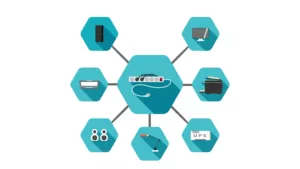
Benefits of Small UPS Systems
Investing in a small UPS system offers a multitude of benefits, including:
- Continuous Power Supply: Small UPS systems ensure uninterrupted operation of critical equipment during power outages, minimizing downtime and maintaining productivity.
- Voltage Regulation: These systems guard against voltage fluctuations that can damage sensitive electronics. By providing stable and regulated power output, small UPS systems protect devices from potential harm caused by spikes, surges, or brownouts.
- Data Protection: Small UPS systems play a crucial role in preventing data loss or corruption by providing backup power during outages. Whether it's saving important documents, completing transactions, or preventing system crashes.
- Equipment Protection: By shielding electronic devices from power-related issues, such as surges, sags, and electrical noise, small UPS systems extend the lifespan of equipment.
- Peace of Mind: Perhaps most importantly, investing in a small UPS system provides reassurance and peace of mind. Knowing that your valuable equipment is protected against unforeseen power disruptions allows you to focus on your tasks without worrying about potential damage or loss.
- Enhanced Network Stability: Small UPS systems help stabilize network connections by providing consistent power to networking equipment, reducing the risk of connectivity issues or data loss.
- Surge Protection: UPS systems often include built-in surge protection capabilities, safeguarding connected devices from power surges caused by lightning strikes or utility grid fluctuations.
How Small Uninterrupted Power Supply Systems Work
Small uninterrupted power supply systems operate on the principle of converting stored electrical energy into usable power during outages or fluctuations in the main power supply. These systems typically consist of three main components:
a battery, an inverter, and a charger. When the input power fails or deviates from the specified range, the UPS seamlessly switches to battery power, ensuring uninterrupted operation until the main power source is restored.
Key Considerations for Selecting a Small UPS System
When embarking on the journey to choose an Uninterruptible Power Supply (UPS) system, it's imperative to consider a myriad of factors to ensure seamless integration, optimal performance, and the utmost protection for your valuable electronic equipment.
Here are some key considerations to guide you through the selection process:
- Power Capacity Assessment
Before delving into the realm of UPS options, it's crucial to conduct a thorough assessment of the power requirements of your connected devices. Make a comprehensive list of all the electronic equipment that will be safeguarded by the UPS and calculate their total power consumption.
This will enable you to select a UPS system with adequate capacity to support your load without risking overload or insufficient backup power.
- Runtime Analysis
In addition to assessing power capacity, it's essential to evaluate the duration of backup power required to sustain operations during outages. Consider factors such as the frequency and duration of power outages in your area, as well as the criticality of the connected equipment.
Opt for a UPS system with a runtime that aligns with your specific needs, ensuring uninterrupted operation until power is restored.
- Topology Selection
UPS systems are available in various topologies, each offering distinct advantages in terms of efficiency, reliability, and cost-effectiveness. The three primary topologies to consider are standby, line-interactive, and online (double-conversion) UPS. Evaluate your requirements and budget constraints to determine the most suitable topology for your application.
While standby UPS systems are cost-effective for basic protection, line-interactive UPS systems offer enhanced voltage regulation, and online UPS systems provide the highest level of protection against power disturbances.
- Form Factor Consideration
Space constraints can significantly impact the selection process, particularly in environments where real estate is limited. When choosing a small UPS system, prioritize compact models that can seamlessly integrate into your space without compromising functionality or accessibility.
Consider the dimensions and form factor of the UPS unit to ensure it fits comfortably within your setup while allowing for adequate ventilation and accessibility for maintenance.
- Exploration of Additional Features
Beyond the fundamental functionalities of power backup and surge protection, explore the array of additional features offered by modern UPS systems to enhance functionality and convenience.
Look for features such as advanced surge protection mechanisms to safeguard against transient voltage spikes, energy-saving modes to optimize efficiency and reduce operating costs, and remote monitoring capabilities for proactive maintenance and troubleshooting. Assess the value proposition of these features against your specific requirements to make an informed decision.
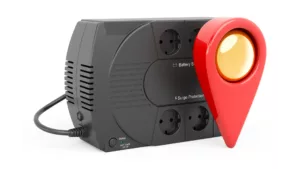
Top Small Uninterruptible Power Supply (UPS) Systems
Investing in a small uninterruptible power supply (UPS) system requires careful consideration to ensure compatibility, reliability, and performance.
To assist you in making an informed decision, we've compiled a list of top small UPS systems based on their features, user reviews, and industry reputation.
APC Back-UPS Pro 1500VA UPS Battery Backup & Surge Protector
- Capacity: 1500VA/900W
- Topology: Line-interactive
- Runtime: Up to 2 hours at half load
- Features: Automatic voltage regulation (AVR), LCD display, USB connectivity for power management software
- Benefits: Provides reliable backup power for home and small office electronics, including computers, routers, and gaming consoles. The AVR feature ensures stable voltage output, while the LCD display provides real-time status updates.
CyberPower CP1500PFCLCD PFC Sinewave UPS System
- Capacity: 1500VA/900W
- Topology: Line-interactive
- Runtime: Up to 4.5 hours at half load
- Features: Pure sine wave output, multifunction LCD panel, USB and serial connectivity for remote management
- Benefits: Ideal for sensitive electronic equipment requiring pure sine wave output, such as servers, workstations, and NAS devices. The multifunction LCD panel offers intuitive navigation and monitoring capabilities, enhancing user experience.
Tripp Lite SMART1500LCDT UPS Smart Tower
- Capacity: 1500VA/900W
- Topology: Line-interactive
- Runtime: Up to 3 hours at half load
- Features: Automatic voltage regulation (AVR), LCD display, USB and serial connectivity, energy-saving ECO mode
- Benefits: Designed for home and small office applications, this UPS offers reliable power protection with enhanced energy efficiency. The AVR feature corrects voltage fluctuations, while the ECO mode conserves energy during periods of low power usage.
Eaton 5SC1500i 5SC UPS
- Capacity: 1500VA/900W
- Topology: Line-interactive
- Runtime: Up to 5 hours at half load
- Features: Automatic voltage regulation (AVR), LCD display, hot-swappable batteries, USB and serial connectivity
- Benefits: Engineered for reliability and performance, this UPS is suitable for small businesses and critical applications requiring extended runtime. The hot-swappable batteries enable easy maintenance and uninterrupted power supply during battery replacement.
APC Smart-UPS 1000VA UPS Battery Backup & Surge Protector
- Capacity: 1000VA/600W
- Topology: Line-interactive
- Runtime: Up to 2 hours at half load
- Features: Automatic voltage regulation (AVR), LCD display, USB connectivity for power management software
- Benefits: Compact and versatile, this UPS is ideal for protecting networking equipment, surveillance systems, and small servers. The AVR feature ensures stable voltage output, while the LCD display provides comprehensive status information for easy monitoring.
Exploring Compact Uninterruptible Power Supply (UPS) Solutions
Installation and Maintenance Tips
Small Uninterruptible Power Supply Conclusion
Small uninterruptible power supply (UPS) systems are indispensable tools for safeguarding electronic devices against power disruptions and ensuring continuous operation in today's digital landscape.
By understanding the importance, functionality, types, benefits, and key considerations associated with small UPS systems, users can make informed decisions to protect their valuable equipment and maintain productivity. Invest in a small UPS system today to enjoy peace of mind and an uninterrupted power supply when you need it most.
Source
https://www.usaid.gov/energy/powering-health/system-components/uninterruptible-power-supplies
continue reading
Related Posts
Uninterruptable Power Supply Company In my daily life, both personally […]
Uninterruptable Power Supplies In today's world, where technology keeps us […]
Uninterruptible Power Supply For Laptop In today's fast-paced digital world, […]
